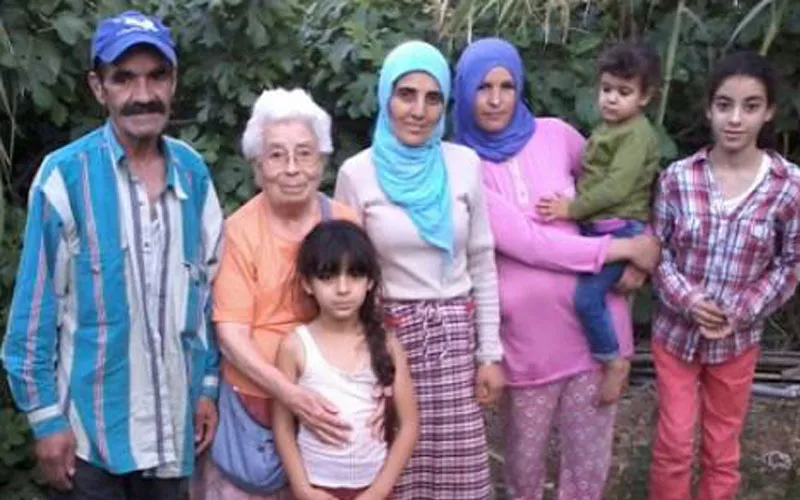“The people we work with most closely are very poor and see us as family members, sharing with us what they have. They are very generous and we always have a full pantry,” Sr. Angeles recounts in the report by Agenzia Fides, the information service of Propaganda Fide.
Though it is not possible to speak about the Catholic faith in public, the Catholic Nun says, “After almost 20 years of living here we are well known in the city. People know who we are and how we work."
To avoid stirring any controversies, the Taza-based Nun says that the members of her Religious community are “very careful” about what they say whenever someone wants to have conversations on religion with them in public places.
“There have never been any problems,” she reiterates, adding that her community present in Taza in Morocco’s Archdiocese of Tangier “lives interreligious dialogue in life and in its work with the population."
In the March 11 report, Sr. Angeles recalls how she and her two community members found themselves serving in the mountainous North African nation that is predominantly Muslim.
"In 1996, during a General Assembly of the Institute, there was a lot of talk about our mission and how the Church was beginning to speak of interreligious dialogue as the first part of Evangelization,” she recalls in the report.
At the end of the Assembly, the leadership of the Missionary Institute resolved to send some of its members to serve “in a completely non-Christian country in order to achieve the objective of interreligious dialogue,” Sr. Angeles further recalls and adds that she was among the three Nuns who volunteered to pioneer the mission in Morocco.
They reached out to the then Archbishop of Tangiers, the late Spanish-born José Antonio Peteiro Freire, OFM, who offered them a place to start their mission in the Northern city of Tetouan, where they stayed for three years before some of the community members moved to the town of Taza, in the Eastern part of the country.
According to Sr. Angeles, it is in Taza, a Muslim town of 150,000 inhabitants where they “discovered how interreligious dialogue with Muslims is experienced."
"Even if we find ourselves in a totally Muslim environment, we are able to give our Christian witness by starting from friendship and closeness, two values to which we attach great importance and which we try to put into practice,” she says of their experience in Morocco.








